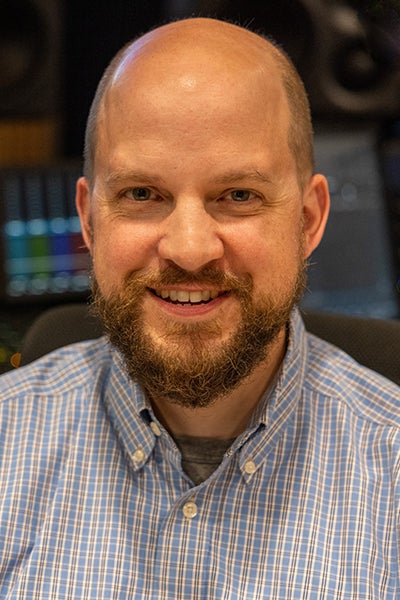
FarmSkilnCS was founded in 2008 by Emma Collins, a third-generation leather artisan with a passion for sustainable production methods. Growing up on her family's farm, Emma witnessed firsthand the disconnect between livestock raising and leather production in the modern industry.
What began as a small workshop focusing on custom leather goods has grown into a respected name in ethical leather production. Our mission has remained consistent throughout our growth: to create exceptional leather products while maintaining the highest standards of ethical sourcing and environmental responsibility.
Today, FarmSkilnCS partners with over a dozen family-owned farms across the country, ensuring that all our leather comes from animals that are humanely raised. Our team of skilled artisans combines traditional craftsmanship with innovative techniques to create leather goods that are both beautiful and durable.
Our commitment to sustainability extends beyond our sourcing practices. We've implemented eco-friendly tanning methods, water recycling systems, and renewable energy sources in our production facilities. We believe that exceptional quality and environmental responsibility can go hand in hand.
We believe in responsible animal husbandry and only partner with farms that share our commitment to humane treatment. Every hide we use can be traced back to its source.
Environmental responsibility guides our decisions. From water conservation in tanning to solar power in our workshop, we strive to minimize our ecological footprint.
We honor traditional leatherworking techniques while embracing innovation where appropriate. Every stitch, cut, and finish reflects our commitment to excellence.
We believe consumers have the right to know how their products are made. We provide detailed information about our sourcing, tanning methods, and production processes.

Founder & Master Artisan
Emma has over 20 years of experience in leather crafting, following in the footsteps of her family's tradition. Her vision for ethical leather production drives the company's mission.

Head of Sustainability
With a background in environmental science, Sophia ensures that our production processes meet the highest standards of sustainability and eco-friendliness.

Master Tanner
David specializes in traditional vegetable tanning techniques and leads our tanning operations, bringing 15 years of experience to our workshop.

Design Director
Rachel combines her formal training in fashion design with a deep appreciation for traditional leatherwork to create our signature product lines.

Farm Relations Manager
With a background in sustainable agriculture, Michael works directly with our partner farms to ensure ethical practices and quality raw materials.

Located in a renovated barn on the original Collins family farm, our workshop blends traditional craftsmanship with modern efficiency. Natural light floods the space through large windows, creating an inspiring environment for our artisans.
Our production facility is organized into specialized areas for each stage of the leatherworking process. The tanning section uses traditional wooden drums for vegetable tanning alongside more modern equipment for specialized processes. The cutting area features both hand tools and precision cutting machines, while our stitching section primarily relies on the skilled hands of our craftspeople.
We've invested in renewable energy, with solar panels providing much of our electricity needs. Our water treatment system allows us to recycle most of the water used in our processes, significantly reducing our environmental impact.
Visitors are welcome to tour our workshop by appointment, where you can witness firsthand the care and skill that goes into creating our leather products.
We work with family-owned farms that share our commitment to ethical animal husbandry and sustainable practices. Each partner meets our strict standards for animal welfare, environmental responsibility, and quality.

A fourth-generation cattle ranch specializing in heritage breeds raised on open pasture using rotational grazing methods.

A collective of small family farms that raise sheep and goats using traditional shepherding methods in the hill country.

Specializing in bison raised on native grasslands, this ranch is a leader in regenerative agriculture and prairie restoration.